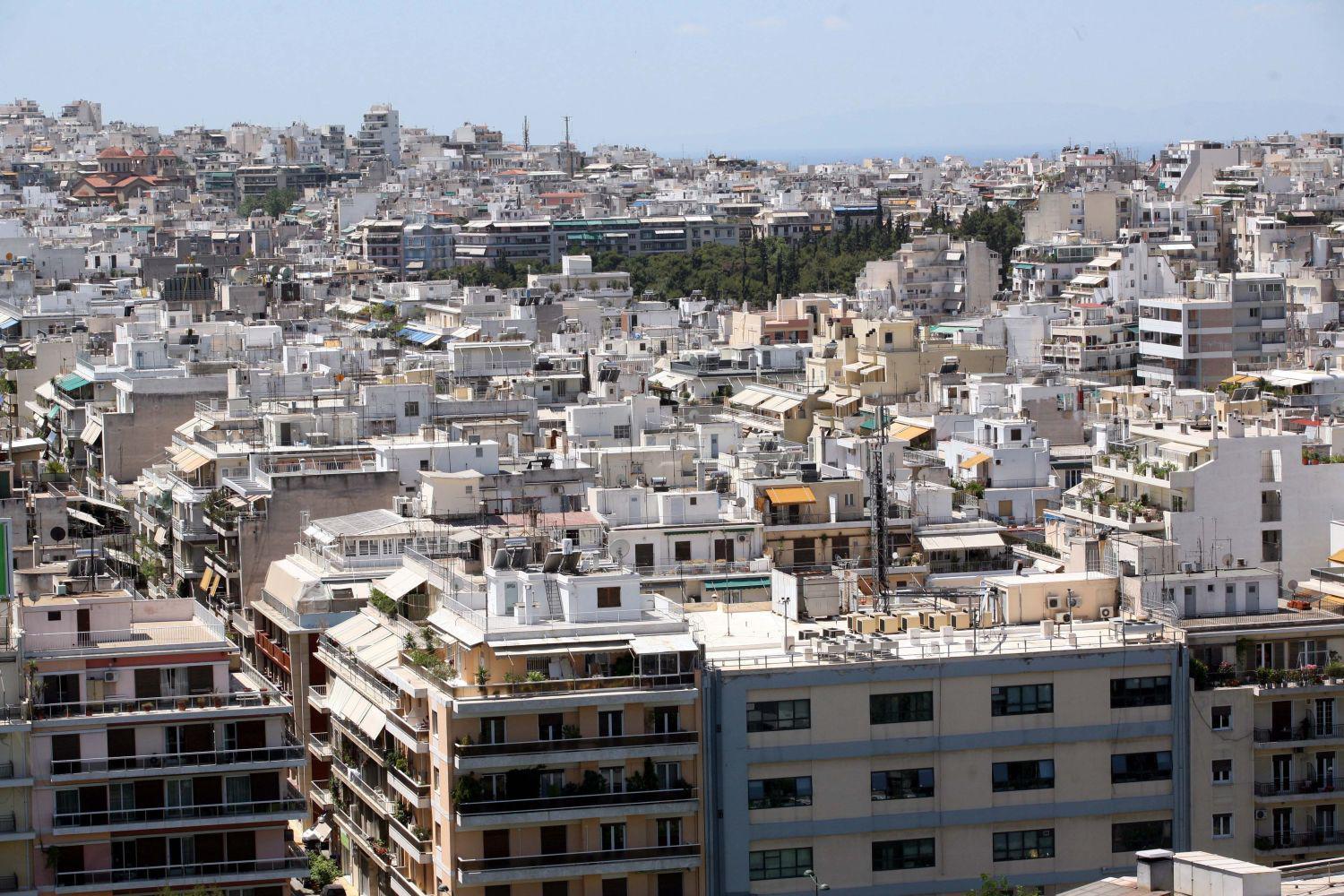POMIDA has sent a letter requesting a resolution to the problem of unpaid bills by tenants and the resulting debts borne by property owners. According to the representative of the EYDAP administration, POMIDA has received numerous complaints and protests from property owners who are being charged exorbitant sums for water usage by their tenants.
The issue arises because the responsibility for paying the water bills of a rented property rests solely on the property owner, even though the tenants are the ones using the services.
This causes undue financial burden on unsuspecting landlords. The solution suggested by POMIDA is to have water supply contracts between tenants and EYDAP, based on the lease declaration in the AADE's "Property Lease Information Application". In this way, the responsibility for payment of water consumption and fees would lie with the tenant and not the property owner. This method is already in practice nationwide for electricity supply contracts by PPC and other providers, as well as for EYATH in Thessaloniki.
Debts from unpaid water bills can often accumulate over many years with exorbitant amounts due, even up to two decades.
This can be particularly unfair for real estate buyers who may be faced with debts from previous owners, which can be displayed by your company at any time, according to Article 9, Paragraph 6 of Law 2744/1999 (Official Gazette 222A'). This article, added by Paragraph 5, Article 8 of Law 3481/2006, states that the heirs of real estate for which debts have been confirmed in favor of the Capital Water Supply and Sewerage Company (EYDAP S.A.) are jointly and severally liable with their licensors for the full repayment of the property's debts to EYDAP S.A.
However, a recent decision by the Court of First Instance of Ioannina, numbered 55/2023, has clarified that E.Y.D.A.P. SA, as a joint-stock company operating in accordance with the rules of the private economy governed by the provisions on Joint-Stock Companies (laws 2190/1920, 2414/1996) and additionally, by the provisions of Law 1068/1980, is subject to the five-year statute of limitations of Article 250 No.1 of the Civil Code, as a claim of a person who has the status of a trader (No. 1 L. 2190/1920 and already No. 1 L. 4548/2018). This is given that the fees and charges to the consumers of its services are imposed in the context of a contractual relationship for water supply and drainage services provided to cover operational costs and expenses.















